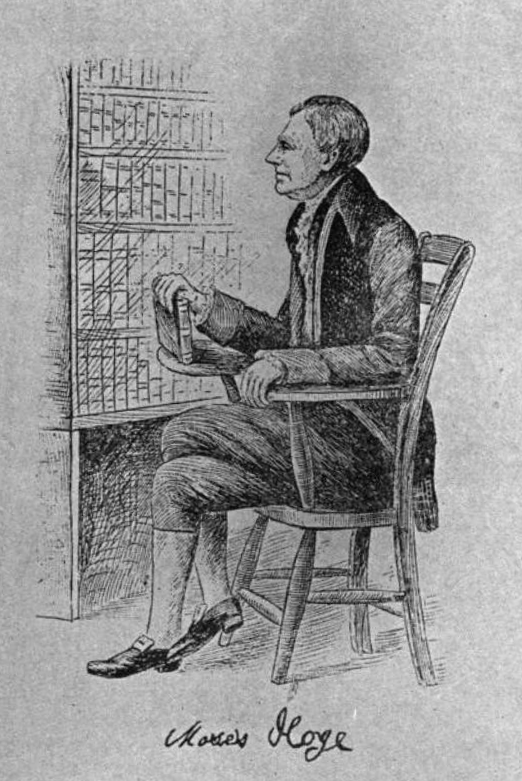Additional information can be found in Hoge’s Wikipedia page and Volume 3 of William Buell Sprague, Annals of the American Pulpit (New York, Robert Carter & Brothers, 1858).
-

Hoge User Guide
Robert H. Ellison
The User Guide for the Library of Appalachian Preaching is a Google Sheet that can be searched, sorted, and downloaded for offline use.
This part of the Guide provides information about Hoge's sermons. It includes the title, scripture text, date and place the sermon was preached (if known), and so on. This information is available in the master list of sermons as well.
-

Sermons Selected from the Manuscripts of the Late Moses Hoge, D.D.
Moses Hoge
According to the Preface, Hoge “was often solicited by his friends, to favour the public with a volume of Sermons” (p. iii). Nothing appeared during his lifetime, but this collection of 32 discourses was published the year after his death. The author of the Preface acknowledges that “both in sentiment and in style they are much inferior to what they would have been if prepared by himself for the press,” but he nonetheless believes “that the portion of absolute merit which they possess, renders them not totally unworthy of public approbation” (p. iv).

